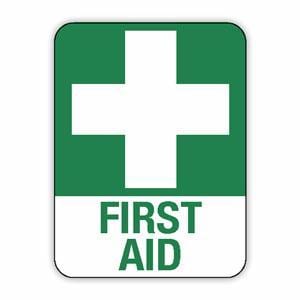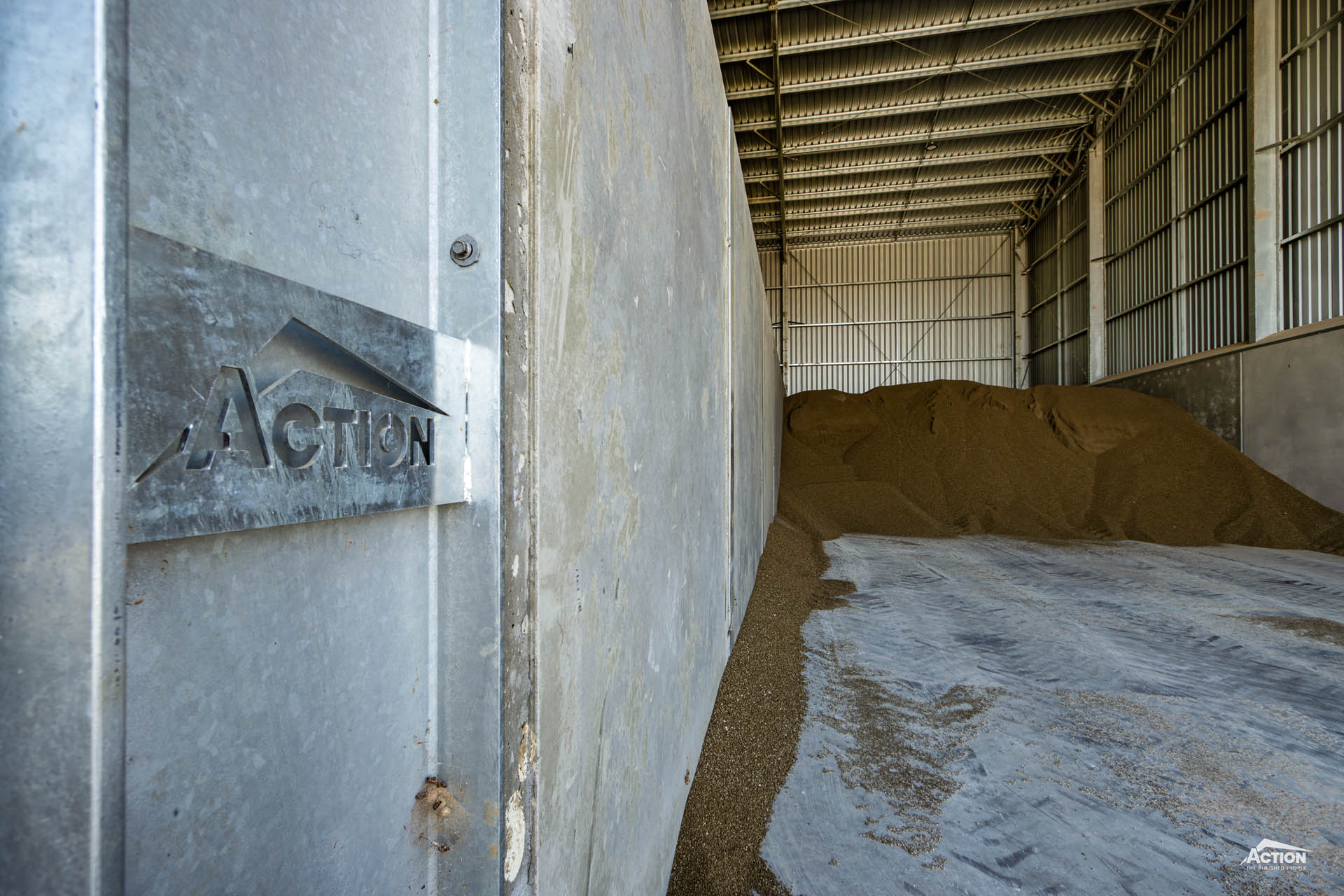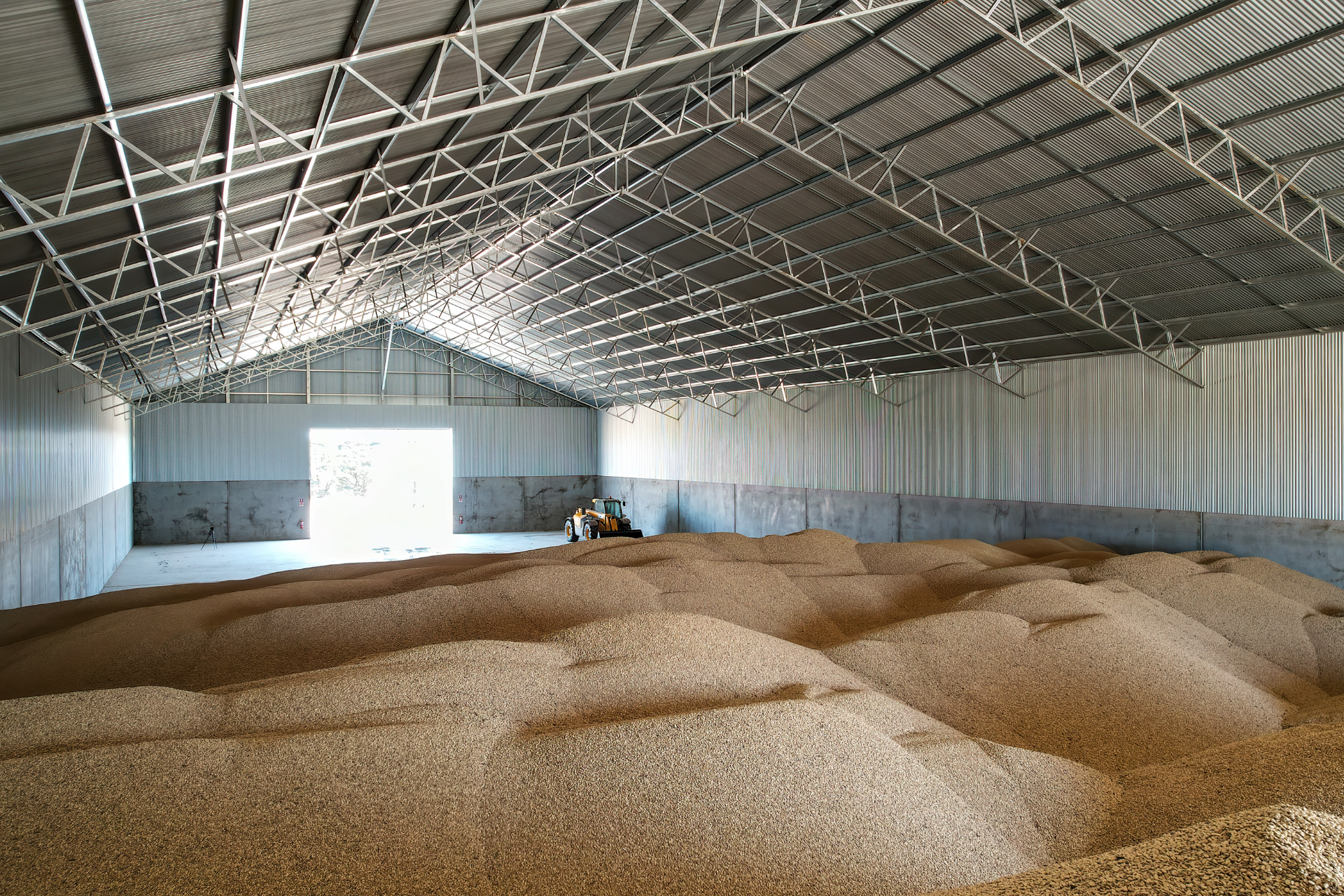Farm first aid kits should be tailored to suit the types of injuries that occur on farms. When compiling a first aid kit for your farm also take into consideration the number of people on the farm and the distance from medical services.
We’ve collated a list of items to include in your farm first aid kit.
Some of the things to include:
- Adhesive dressings
- Adhesive tape
- Antiseptic spray
- Bandages, triangular bandages
- Disposable gloves
- Emergency rescue blankets
- Eye pads
- First aid instruction booklet
- Gauze
- Heavy-duty crepe bandage
- Hydro gel sachets- if there is no access to clean running water
- Instant ice packs
- Large clean sheeting
- Notebook and pen/pencil
- Resuscitation mask, face shield
- Safety pins
- Saline
- Scissors
- Sealable plastic bags
- Sting relief cream/gel/spray
- Thermal blanket
- Torch/flashlight
- Tweezers, forceps
- Whistle
- Wound cleaning wipes
- Wound dressings
Medication like paracetamol or aspirin should not be included.
And remember, first aid kits should be large enough to hold all the required items, be easy to find, contain a list of all the contents and protect contents from dust and moisture.
3 Things To Do When Preparing Your First Aid Kit
Here are a few other points to keep in mind when it comes to first aid kits on the farm:
1
Conduct A Risk Assessment
Conduct a risk assessment to determine whether any additional first aid items and equipment are required, for example, an eye wash station and shower where workers are working with chemicals. A risk assessment can also help you decide where first aid kits should be located.
Where do you need first aid kits?
First aid kits should be available near high-risk injury areas. Workshops, shearing sheds, chemical storage, tractors, machinery and farm vehicles should all have quick and easy access to first aid kits. Soft pack kits, portable kits or wall mounted kits are available to suit the different locations.
This leads us to our next point – access.
2
Plan Access To First Aid Kits
Quick and easy access to the first aid kit is important, so make sure kits are stored in a logical place where they are easily accessible.
Having clear recognisable signage also makes locating and accessing the kits faster and easier.
And staff should also be made aware of the location of first aid kits during their induction.
3
Keep The Kit Stocked & Up To Date
Have a specific person responsible for restocking and maintaining the kits and ensuring kits comply with Australian standards.
Any used, out-of-date or damaged items should be replaced as soon as possible.
Useful Resources
- National Centre For Farmer Health First Aid & Emergencies Information
- Standard Chemical Sheds Size & Price Guide (PDF Download)
- How To Manage Fatigue At Harvest
- How To Meet Chemical Storage Requirements For Sustainable Grain Certification
- 7 Strategies To Reduce Your Stress At Harvest
*Disclaimer* Advice in this article is general only. Please speak to relevant health and safety authorities to ensure your workplace meets standards and requirements.

Looking for information on farm sheds? Browse the Learning Hub which includes more articles, brochures, videos and storage calculators.






